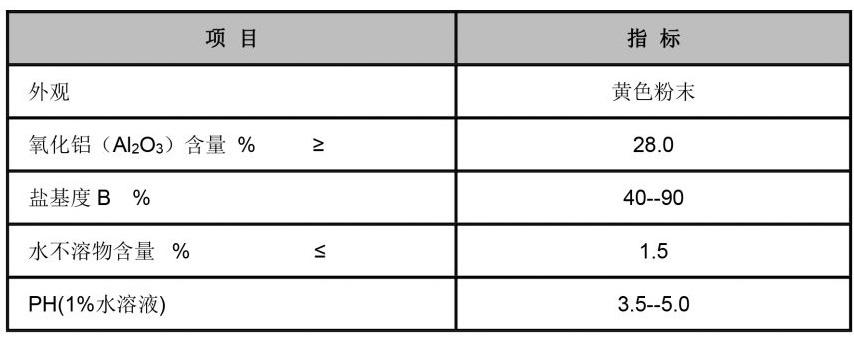Exploring the Applications and Benefits of PACL in Water Treatment and Industrial Processes
Polyaluminum Chloride An Overview
Polyaluminum chloride (PAC) is an inorganic polymer that has gained significant attention in various industrial applications, particularly in water treatment processes. This compound, which is a type of coagulant, is widely used in the purification of drinking water, wastewater, and in various industrial processes. Understanding the properties, benefits, and applications of PAC can illuminate why it is a preferred choice for many industries.
Chemical Composition and Properties
Polyaluminum chloride is a complex of aluminum ions and chloride ions. It is typically produced by the partial hydrolysis of aluminum chloride solution, resulting in a polymeric structure. The general formula for PAC can vary, but it typically contains a high content of aluminum and a lower chlorine content compared to traditional aluminum sulfate coagulants. This unique structure endows PAC with several advantageous properties, including a high charge density which enhances the coagulation process.
A critical feature of PAC is its adjustable pH level; it can be manufactured to have a specific pH range, making it suitable for various water chemistries. Moreover, it shows a higher solubility compared to conventional coagulants, thus requiring less dosage to achieve desired results. This makes PAC not only efficient but also cost-effective in large-scale applications.
Applications in Water Treatment
One of the most significant uses of PAC is in the treatment of drinking water. Its ability to effectively remove suspended solids, organic matter, and turbidity makes it an ideal choice for drinking water purification. When PAC is added to water, it forms micro-flocs that agglomerate contaminants and facilitate their removal via sedimentation or filtration. This leads to clearer, safer drinking water.
pacl polyaluminum chloride

In wastewater treatment, PAC plays a crucial role as well. It is utilized to treat industrial effluents, stormwater runoff, and municipal wastewater. The high charge density of PAC enhances the removal of phosphates and other contaminants, making it an effective choice for meeting environmental regulations.
Advantages of Using PAC
The advantages of using PAC over traditional coagulants, such as aluminum sulfate, are numerous. Firstly, PAC operates efficiently over a wider range of pH levels, which allows for greater flexibility in varying water conditions. Secondly, it tends to produce less sludge, which reduces disposal costs and environmental impacts. Furthermore, the use of PAC has been associated with lower residual aluminum levels in treated water, addressing health concerns associated with aluminum exposure.
Another benefit is the lower overall chemical demand, which translates to cost savings for water treatment facilities. The effectiveness of PAC at lower concentrations also means that it can be transported and stored more easily, reducing logistical challenges for operators.
Conclusion
In conclusion, polyaluminum chloride is an essential coagulant in the field of water treatment, offering numerous advantages over traditional alternatives. Its unique properties, including adjustable pH and high solubility, make it highly effective for removing contaminants from both drinking water and wastewater. As industries continue to prioritize efficiency, safety, and environmental sustainability, the role of PAC is likely to expand, reinforcing its status as a key player in modern water treatment solutions. Its continued development and research may lead to even greater applications and improvements in water quality management in the future.
-
Pbtc Scale InhibitorPBTC: A Scale Protector for Industrial Water TreatmentNewsAug.05,2025
-
Organic Phosphonate: An Efficient Defender in the Field of Scale InhibitionNewsAug.05,2025
-
Hydrolyzed Polymaleic Anhydride: Green Pioneer in Scale Inhibition FieldNewsAug.05,2025
-
PAPEMP Polyamino Polyether Methylene Phosphonic Acid For SaleNewsAug.05,2025
-
Flocculant Water Treatment: A Pioneer in Purification in the Field of Water TreatmentNewsAug.05,2025
-
Benzyl Isothiazolinone: An Efficient and Broad-Spectrum Antibacterial Protective GuardNewsAug.05,2025





